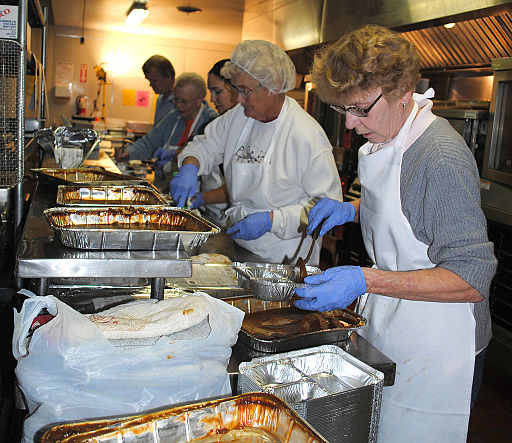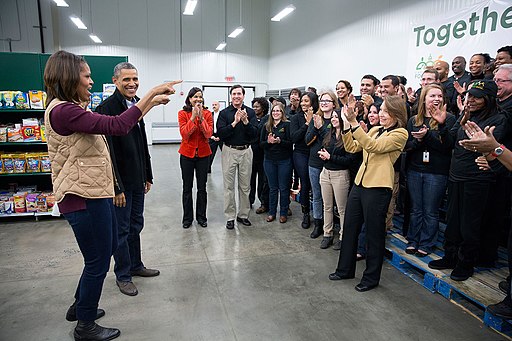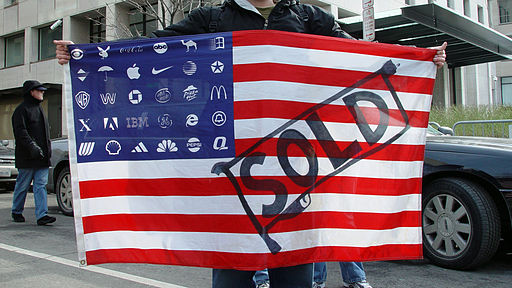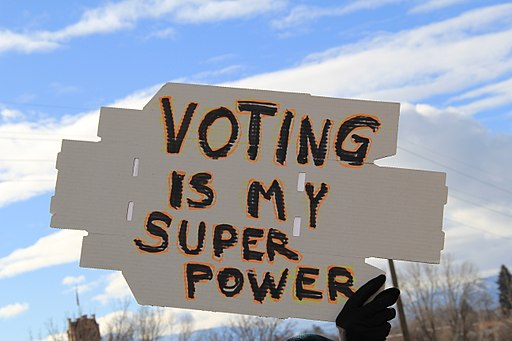Soothsayer Day
— Benjamin Franklin, in reply to a question about what sort of government the delegates to the 1787 Constitutional Convention had settled on.
February 2 is the day some people, primarily in North America, attempt to divine the next six weeks of weather by observing groundhogs who briefly exit from winter hibernation in their burrows. If it’s a sunny day, the groundhog will see his or her shadow and, counter intuitively, those watching the animal will pronounce six more weeks of wintry weather. On a cloudy day, with no shadows in sight, the prediction is for an early start of spring weather. People in some parts of Europe have a similar tradition involving different animals, such as badgers in Germany and hedgehogs in Britain.

Emerging briefly from hibernation in February 2014, a groundhog takes leaves to line its burrow nest or toilet chamber. Photo by Ladycamera.
The Danish National Symphony Orchestra performs a suite of themes from Ennio Morricone’s music for the 1968 Sergio Leone film Once Upon a Time in the West. Tuva Semmingsen performs the vocals that were sung by Edda Dell’Orso on the original soundtrack recording.
Those signs and others are easy enough to read for anyone paying attention to developments in order to honor the obligations of an informed citizen. There are those citizens, however, who are too lazy to pay attention. Very well; they should continue in their laziness and stay home on Election Day in nine months, rather than show up and vote for the incumbent president simply because the wolf is not yet at their door. And then there are those voters, more culpable in the decay of the republic than anyone else, who are interested only in the health of their financial portfolio, and who are deaf and blind to the cries and despair of anyone shut out of the bounty and suffering under the oppression of the oligarchy. The signs now point toward a Tyranny by Corporate Oligarchy, and if citizens continue to choose it by doing nothing, then after Election Day in November there will be no going back and we will have gotten the government we deserve.

For those who can’t get enough of the sound of the loss of the republic, here it is on the theremin. Katica Illényi performs with the Győr Philharmonic Orchestra in Budapest, Hungary.






